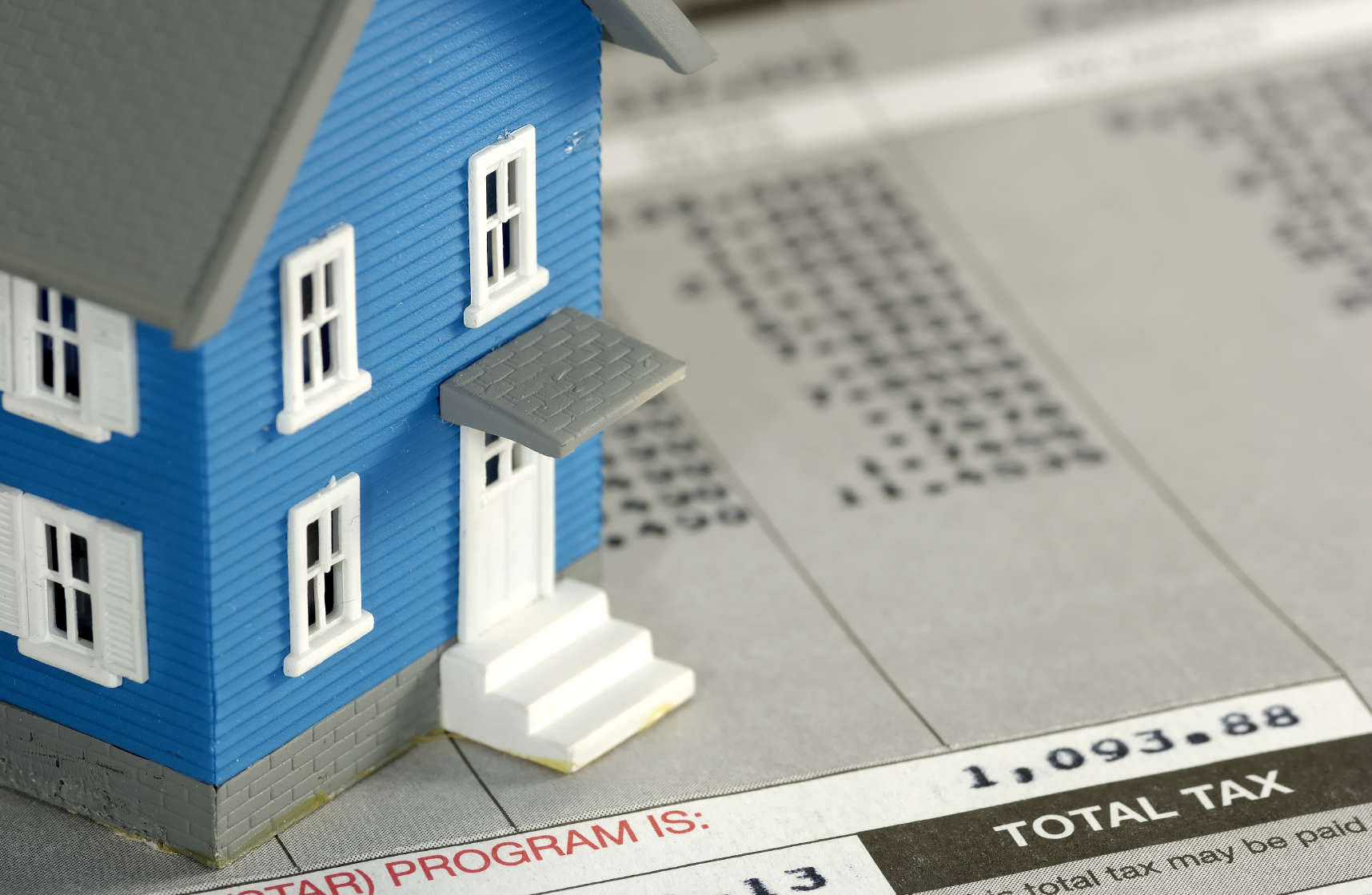EU Non Residents are taxed 19% on profit and Non Residents outside the EU (except Norway and Iceland) are taxed 24% on income (no expenses can be deducted).
The property management agency (if registered in Spain) is responsible for the payment of their clients income tax so will therefore retain 19% or 24% of the payment made to their non-resident clients depending on EU citizenship. A certificate will be issued to you to certify the amount paid and retained, which can be used when you submit your annual tax declaration in your country of origin to avoid double taxation. Alternatively, you can submit an annual return in Spain deducting expenses incurred and apply for a refund.
If you are not renting through a management agency then you are responsible to submit your own tax declaration and give the name, address, and amount of money paid by each tenant. The obligation in this case is to submit a quarterly return. If you are a taxpayer in a European Country then you would need to obtain a certificate of fiscal residence each year, you would then be able to offset expenses against the income and only pay the 19% tax on the difference. If you are holiday letting your property, you have an obligation to register for IGIC (VAT in the Canaries), this is 7% and a quarterly return would be presented.
Deductible Expenses
To be proportioned in accordance with number of days rented
Community charges
Interest paid on mortgage (not capital)
Repairs and Maintenance such as painting, general repairs (not considered as an improvement or extension of the property)
Insurance
Water, electric, gas, telephone
Depreciation of the building and any other associated fixed assets
Local council taxes (IBI and Basura)
Direct costs that do not have to be proportioned in accordance with the number of days rented
Agent’s fees
Cleaning expenses
Costs involved in formulating the rental contract
Purchase of furniture and utensils that last for longer than one year are considered fixed assets and the corresponding depreciation is offset as the cost.
New electrical installations, plumbing, reforms on the building etc. are not considered repairs/maintenance but instead considered as improvements to the building in which case all the costs associated to the improvement must be detailed separately and the depreciation will be calculated accordingly.
All expenses must be justified by an invoice and not just proof of payment. Invoices in Spain must identify both the property owner (full name, NIF, address of the property) and the Company issuing the invoice (full name, NIF/CIF, address), invoice number, date and description of service/concept. Invoices/receipts for other countries must comply with that country. If possible obtain all invoices with your name and address for the Spanish property, to assist in proving it was an expense for that property.
Levied Tax on Private Use
As well as the income tax, you will have tax to pay for private use of the property based on the “catastral value” (the value used by the Local Town Hall to calculate Council Tax). For example, if your property has been rented out for 25 weeks of the year then the Private Use tax would be proportioned for 27 weeks of the year, whether you actually used the property or not. Tax on Private Use will be slightly less if the rateable value of the property was revised in 1999, in which case it would be 19% of 1.1% of the Catastral Value (24% if you are not an EU resident). If the property is not registered for local rates then the value used to calculate tax on private use is 50% of the purchase value.
Information by E.B.F Consulting S.L. E.B.F Consulting has been providing tax and accounting services to expatriates in Europe since 1999. Office is based in Lanzarote, Spain. Visit www.ebfconsulting.com for more details. Copyright © E.B.F Consulting 2016 All Rights Reserved
